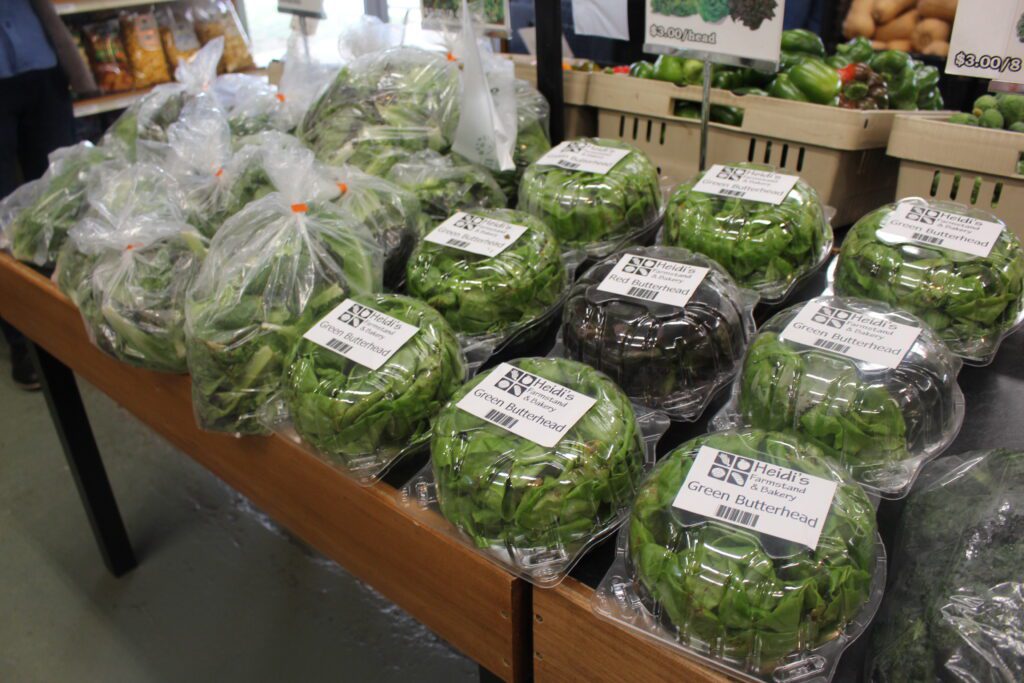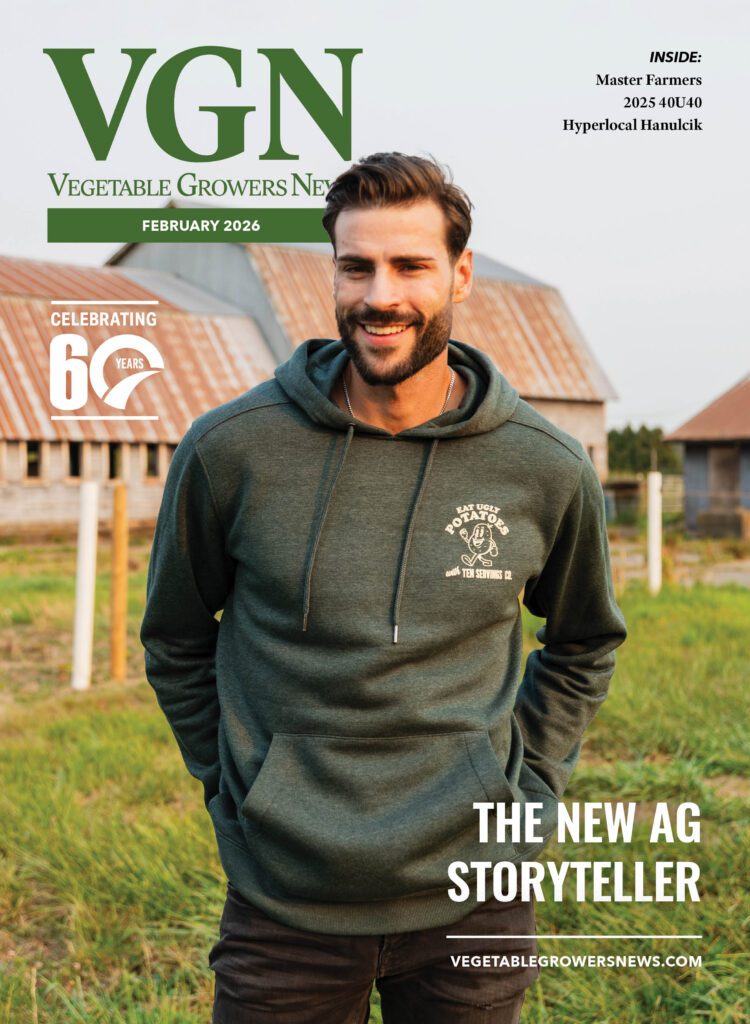
Jun 24, 2025Sensory merchandising helps retail sales
The demise of in-person retail has been discussed for a long time, particularly with the rise of online shopping. However, purchasing fresh food may be the exception to the trend. We tend to use all our senses when it comes to buying food. When creating displays in our market, we need to make sure we appeal to all the senses to capture those sales.
Sensory merchandising is a powerful strategy retailers use to enhance the shopping experience by engaging multiple senses of customers. By stimulating sight, sound, smell, touch and taste, retailers can create a more immersive and memorable environment to increase customer satisfaction and sales.
Examples of sensory merchandising
- Sound: Music can influence the mood and pace of shopping. Upbeat music can energize customers and encourage them to spend more time in the store, while calming music can make them feel relaxed and more likely to browse.
- Smell: Pleasant scents can trigger positive emotions and memories, making customers feel good and more inclined to purchase. Imagine what the aroma of freshly baked goods or brewed coffee can do to attract customers. Some clothing stores use signature scents to create a unique shopping environment.
- Touch: Electronic stores encourage customers to interact with their products, allowing them to touch and test devices. Clothing stores often use different textures in their displays to invite customers to feel the fabrics.
- Taste: Offering samples can directly influence purchasing decisions by allowing customers to experience the product before buying. This is particularly effective in food retail, where tasting can lead to immediate purchases. This can be particularly effective in promoting new or seasonal items.
- Sight: Attractive visual displays and lighting can draw customers into the store and highlight key products. Well-organized and aesthetically pleasing environments can make shopping more enjoyable and encourage impulse buys.

Challenges of sensory merchandising
Despite its benefits, sensory merchandising comes with several challenges:
- Cost: Implementing sensory elements like custom scents, specialized lighting and interactive displays can be expensive. Smaller retailers might struggle to justify these costs. You could start with one department in your market and measure the effect on sales.
- Consistency: Maintaining a consistent sensory experience across multiple locations can be difficult. Variations in scent, sound and visual displays can affect the overall brand experience.
- Overstimulation: Too many sensory inputs can overwhelm customers, leading to a negative shopping experience. It’s important to strike a balance and ensure that sensory elements enhance rather than detract from the shopping environment. Some customers may have sensitivities or allergies to certain scents or sounds, which can lead to discomfort or avoidance of the market.
- Cultural differences: Sensory preferences can vary widely across different cultures. What works in one region might not be effective in another, requiring retailers to tailor their sensory strategies accordingly.
- Measurement: Quantifying the impact of sensory merchandising on sales and customer satisfaction can be challenging. While some studies show positive effects, it’s often difficult to isolate the specific contribution of sensory elements.
Sensory merchandising is a valuable tool for retailers looking to enhance the shopping experience and boost sales. By thoughtfully engaging multiple senses, retailers can create a memorable and positive environment that encourages customers to spend more time in the store and make more purchases. However, it is essential to consider the challenges and tailor strategies to meet the needs of diverse customer bases.
— Brian Moyer is an educational program associate with Penn State Extension. As founder of PA Farm Markets LLC and founder and manager of the Skippack Farmers Market, Moyer specializes in assisting farmers markets, retail farm markets, direct-to-consumer sales, and new and beginning farmers with marketing, business and regulatory issues.
















